À TOKERO, notre mission est de faire crypto accessible à tous dans un moyen simple, rapide et sûr.

Introduction:
In the crowded and ever-evolving cryptocurrency landscape, Litecoin has cemented its status as a well-established and enduring digital asset, often dubbed the "digital silver" to Bitcoin's "digital gold." Since its inception in 2011, Litecoin has forged a unique identity and continues to hold a significant place in the crypto community.
Litecoin, the brainchild of former Google engineer Charlie Lee, was conceived as a solution to some of the perceived limitations of Bitcoin. Launched on October 7, 2011, it quickly gained traction as one of the first altcoins to emerge as a fork of Bitcoin's source code. Distinguishing itself with faster block generation times and a novel hashing algorithm, Litecoin has carved out a niche in the crypto ecosystem.
Technology:
Litecoin uses the Scrypt hashing algorithm, as opposed to Bitcoin's SHA-256. Scrypt is designed to be more memory-intensive, making it resistant to the ASIC mining that dominates the Bitcoin network. This allows for a more decentralized mining ecosystem, as regular consumer-grade hardware can still effectively mine Litecoin.
Litecoin has a faster block generation time, with new blocks being added to the blockchain approximately every 2.5 minutes. This is significantly quicker than Bitcoin's 10-minute block time. The faster block generation time contributes to quicker transaction confirmations, making Litecoin suitable for day-to-day transactions.
Litecoin's maximum supply is capped at 84 million coins (LTC), four times the maximum supply of Bitcoin. This larger supply helps ensure a more equitable distribution of coins.
Litecoin implemented Segregated Witness in May 2017, which was later adopted by Bitcoin as well. SegWit optimizes the use of block space, allowing for more transactions to be included in each block, thereby reducing fees and increasing network scalability.
Like Bitcoin, Litecoin serves as a medium of exchange, allowing users to make fast and low-cost transactions. Its quick block generation time makes it ideal for daily transactions, and it has gained acceptance among merchants and businesses. Litecoin is often considered a store of value, similar to gold and silver in the traditional financial world. Investors hold Litecoin as a hedge against inflation and economic instability.
While not as versatile as Ethereum, Litecoin also supports smart contracts, although its primary focus remains on being a digital currency. Litecoin can be used for cross-border transactions, offering a quicker and cheaper alternative to traditional banking systems and remittance services.
Team:
Charlie Lee is the visionary behind Litecoin, who has become a respected figure in the cryptocurrency industry. Charlie, also known as "Chocobo," is a veteran Bitcoin miner and computer scientist who honed his skills as a software engineer at Google before assuming the role of director of engineering at Coinbase from 2015 to 2017. Today, Charlie is an ardent advocate for cryptocurrencies, serving as the managing director of the Litecoin Foundation, a non-profit organization that collaborates closely with the Litecoin Core Development team to drive the advancement of Litecoin.
The Litecoin Foundation's board of directors includes three other accomplished individuals alongside Charlie: Xinxi Wang, Alan Austin, and Zing Yang, each bringing their own unique expertise and experience to the table.
Conclusion:
Litecoin has evolved from being a Bitcoin alternative to establishing itself as a reliable and fast digital currency. Its unique features, active development community, and growing use cases position it well for continued relevance in the cryptocurrency world. As the crypto landscape continues to evolve, Litecoin's ability to adapt and innovate will determine its success in the years to come.
Join over 7,800,000 investor wallets holding LTC token today!
Powered by Litecoin
Trusted with over $4,200,000 as TVL
For more information about Litecoin and their products, please visit their official website:
